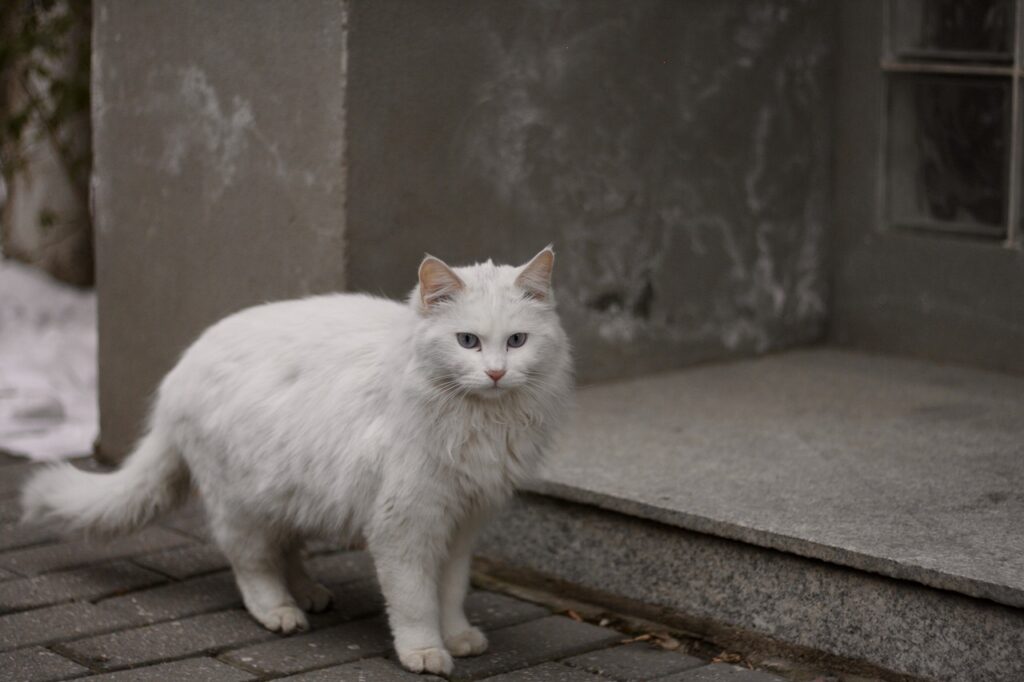During the winter months, we often spend cozy evenings by the fire, but our feline friends may be more sensitive to the cold. Unlike us, they can't wear jumpers easily, which makes them more susceptible to certain health conditions.
According to Blue Cross, it's best to keep your cat warm during the winter months, as cats are not used to extreme weather conditions and can cause hypothermia and frostbite. Here are some winter troubles that can affect your cat and ways to keep your cat healthy.
Chills and thrills (or lack thereof):
- Hypothermia: This serious condition occurs when your cat's body temperature drops too much. Outdoor cats, older cats, and short-haired breeds are most at risk. Signs include lethargy, trembling, and weakness. If you suspect hypothermia, gently warm your cat with a blanket (so it's not too hot) and seek veterinary attention immediately.
- Upper respiratory tract infection: Just like us, cats can get colds and flu in the winter. These are often transmitted from other cats through close contact. Symptoms include sneezing, coughing, watery eyes, and loss of appetite. If your cat shows any of these signs, consult your veterinarian.
Winter Wonderland Danger:
- frostbite: Prolonged exposure to freezing temperatures can cause frostbite, especially on your cat's paws, ears, nose, and tail. Signs include paleness or discoloration of the skin, swelling, and blisters. If you suspect frostbite, gently warm the affected area with warm water and see a veterinarian.
- Antifreeze poisoning: Antifreeze has a sweet smell and may be attractive to cats, but even small amounts are highly toxic. Keep antifreeze containers out of reach and wipe up any spills immediately. If you think your cat has swallowed antifreeze, take it to your veterinarian immediately.
Indoor issues:
- Dry skin: Cold winter air and indoor heating can dry out your cat's skin, causing itching and peeling. Brushing your cat regularly and using a humidifier can help.
- Arthritis flare-up: Cold weather can worsen existing arthritis in older cats. Providing soft bedding, ramps to access furniture, and veterinarian-prescribed pain medication can help manage discomfort.
Keep your cat comfortable:
By taking a few simple precautions, you can ensure your cat stays healthy and happy all winter long.
- Limit outdoor access during extremely cold weather, especially for older cats and short-haired cats.
- Provide a warm, draft-free place for your cat to sleep, such as a heated cat bed.
- Always provide fresh water to prevent dehydration.
- Observe your cat's behavior for signs of illness and contact your veterinarian if you have any concerns.
With a little extra care and attention, you can help your cat purr safely through the winter.
Click here to read more articles by Dumani Moyo
Artificial intelligence helped edit this article.

